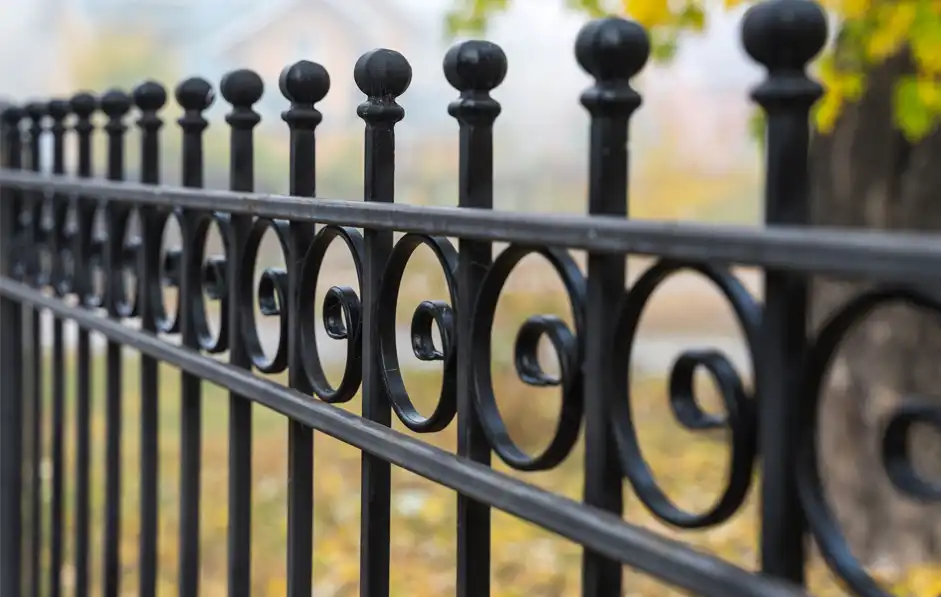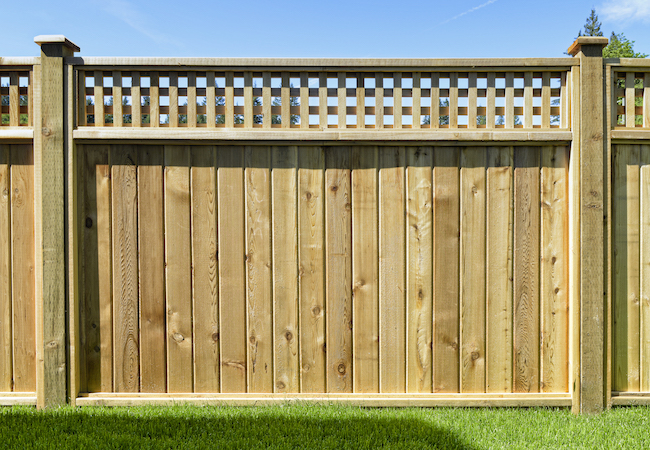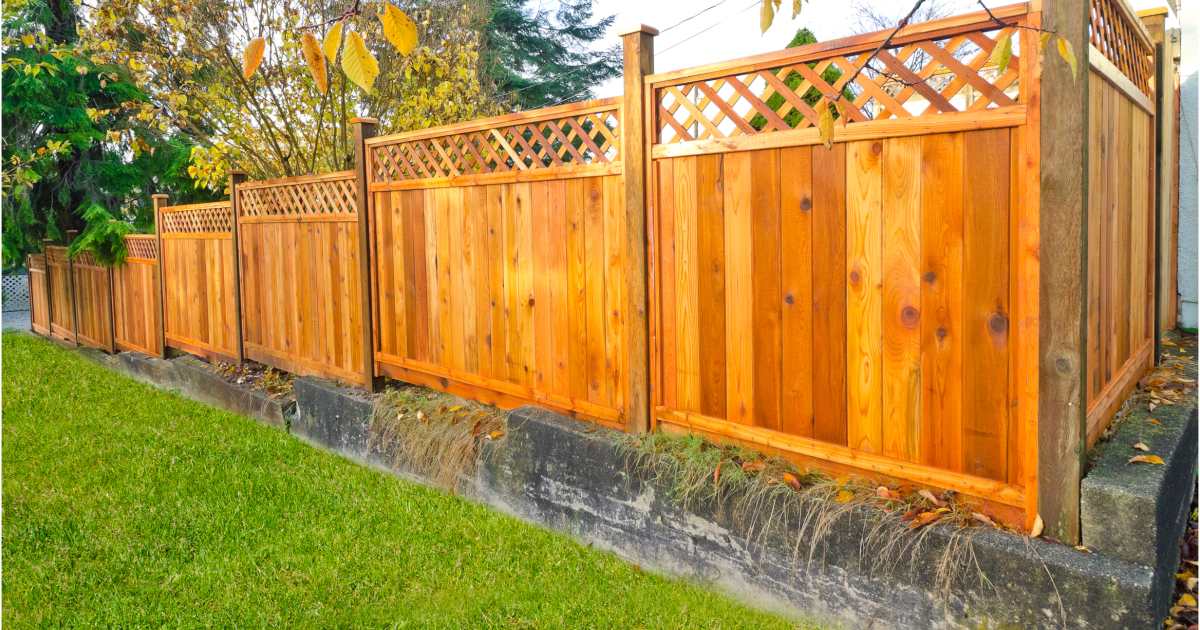All Categories
Featured

Plastic fences are recognized for their low-maintenance appeal and lasting durability, making them an excellent selection for house owners searching for a trendy yet functional boundary for their residential or commercial property. Unlike timber, vinyl does not require consistent painting or sealing. Just like any type of outdoor framework, plastic fencings still need regular cleansing to maintain them looking pristine and to expand their life expectancy. Below are some of the most effective methods for cleaning your vinyl fence.
- Regular Dusting and Sweeping. Regular treatment is important to avoid debris from accumulating on your plastic fence. The simplest way to keep your fence is by consistently sweeping or dusting off any dust, leaves, or other debris that build up. Utilize a mop with soft bristles or a blower to remove dirt and loose materials from the surface. This will certainly prevent dust from resolving right into the grooves and will certainly aid keep the general sanitation of the fencing.
- Light Soap and Water for Routine Cleaning. For routine upkeep, an easy soap and water solution functions marvels. It's an easy, efficient method to clean your vinyl fencing without causing damage. Right here's just how to clean your plastic fence with soap and water:
Action 1: Mix a mild cleaning agent, such as recipe soap, with warm water in a bucket. Go for about 1/4 mug of soap for every single gallon of water. Step 2: Dip a soft cloth, sponge, or non-abrasive brush into the option and gently scrub the surface area of the fence. Take note of dirt accumulation on corners, sides, and low-lying areas where crud might accumulate. Step 3: After cleaning up the surface area, wash it thoroughly with a yard hose pipe to eliminate all soap deposit. This technique is terrific for light dirt and crud and can be done every few months to maintain the appearance of your fence.
- Utilize a Power Washer for Stubborn Discolorations. If you have actually ignored your vinyl fencing for some time, or if it has built-up grime, mold, or mildew, a power washer can be an efficient tool for deep cleansing. You need to use the right stress to stay clear of harming the plastic. Here's just how to safely power wash your vinyl fence:

Step 1: Establish the power washer to a low-pressure setting, preferably around 1,500-2,000 psi. High stress can harm the vinyl surface or trigger it to crack. Step 2: Stand at the very least 2 feet away from the fence and begin splashing from the top down. This aids protect against streaks and makes sure that dirt is cleaned off efficiently. Step 3: Move the power washing machine nozzle in a side-to-side sweeping motion, and be sure to maintain the water stress consistent. Tip 4: Wash the entire fence extensively with water to eliminate dirt and detergent deposit. Power cleaning is a superb option for big fences or for those with consistent dirt and spots that soap and water can not get rid of.
- Eliminating Mold and Mold. In shaded or damp areas, mold and mildew are typical problems for vinyl fences. To combat this, you can utilize an option of vinegar or bleach to disinfect and remove the growth. Right here's exactly how to deal with mold and mildew and mildew on your fence:

Step 1: Mix one mug of white vinegar with a gallon of warm water. Mix 1/4 cup of bleach with a gallon of water. Step 2: Apply the service to the affected areas making use of a soft fabric or sponge. Let it sit for concerning 10-15 minutes. Step 3: Scrub the locations with a non-abrasive brush to lift the mold or mildew off the surface area. Tip 4: Wash extensively to eliminate any kind of cleaning option and particles. If you select to use bleach, be cautious not to spill it on nearby plants or materials, as it might cause damages or discoloration.
- Plastic Fence Cleaners for Challenging Discolorations. For challenging, persistent stains like pen, tar, or oil residue, you can use a specialized vinyl fencing cleaner. These products are made to safely tidy plastic without triggering damage. Be sure to adhere to the product's guidelines for finest outcomes, and test it on a small, unnoticeable area of the fence initially.
- Stopping Future Dust and Discolorations. While cleaning is necessary, avoiding future stains and accumulation can make your upkeep regular much less complicated. Think about these suggestions for lasting maintenance:
Trim plants: Thick plants, creeping plants, or bushes can catch wetness against your plastic fence, bring about mold growth. Cut neighboring plants to make sure the fence continues to be clean and dry. Seal fractures and spaces: Check your fencing consistently for splits or gaps, and secure any type of that you discover to keep dust and water from entering the fence framework. Install a safety finishing: Some home owners apply vinyl-safe safety coverings to their fencings. These layers can work as a barrier versus dust, UV rays, and water, lowering the frequency of deep cleansing needed. 7. Specialist Cleaning. If you're unsure regarding cleaning your fence yourself, or if it calls for a deep clean, think about hiring an expert. Several cleansing business supply fencing cleaning company and have the devices and experience to deal with hard spots without damaging your fencing. They can additionally take care of huge or high fencings that might be difficult to clean by yourself.
Conclusion. Vinyl fences are low-maintenance, however they still require normal care to maintain them looking their finest. By using light soap and water for regular cleaning, employing a power washing machine for stubborn dust, and dealing with mold or mold quickly, you can ensure your plastic fencing stays beautiful. Regular cleaning, in addition to preventive actions, will extend the life of your fence and keep it improving the elegance and protection of your property for years to come.
Latest Posts
Experience the Flavors of Lucky Street at FunCity Resort
Published Apr 20, 25
1 min read
NAPA AutoCare Certified: Trust Montclare Auto Repair for Reliable Auto Care
Published Apr 19, 25
2 min read
Trusted Auto Repair Locally - Trust Montclare’s Auto Specialists
Published Apr 19, 25
2 min read
More
Latest Posts
Experience the Flavors of Lucky Street at FunCity Resort
Published Apr 20, 25
1 min read
NAPA AutoCare Certified: Trust Montclare Auto Repair for Reliable Auto Care
Published Apr 19, 25
2 min read
Trusted Auto Repair Locally - Trust Montclare’s Auto Specialists
Published Apr 19, 25
2 min read